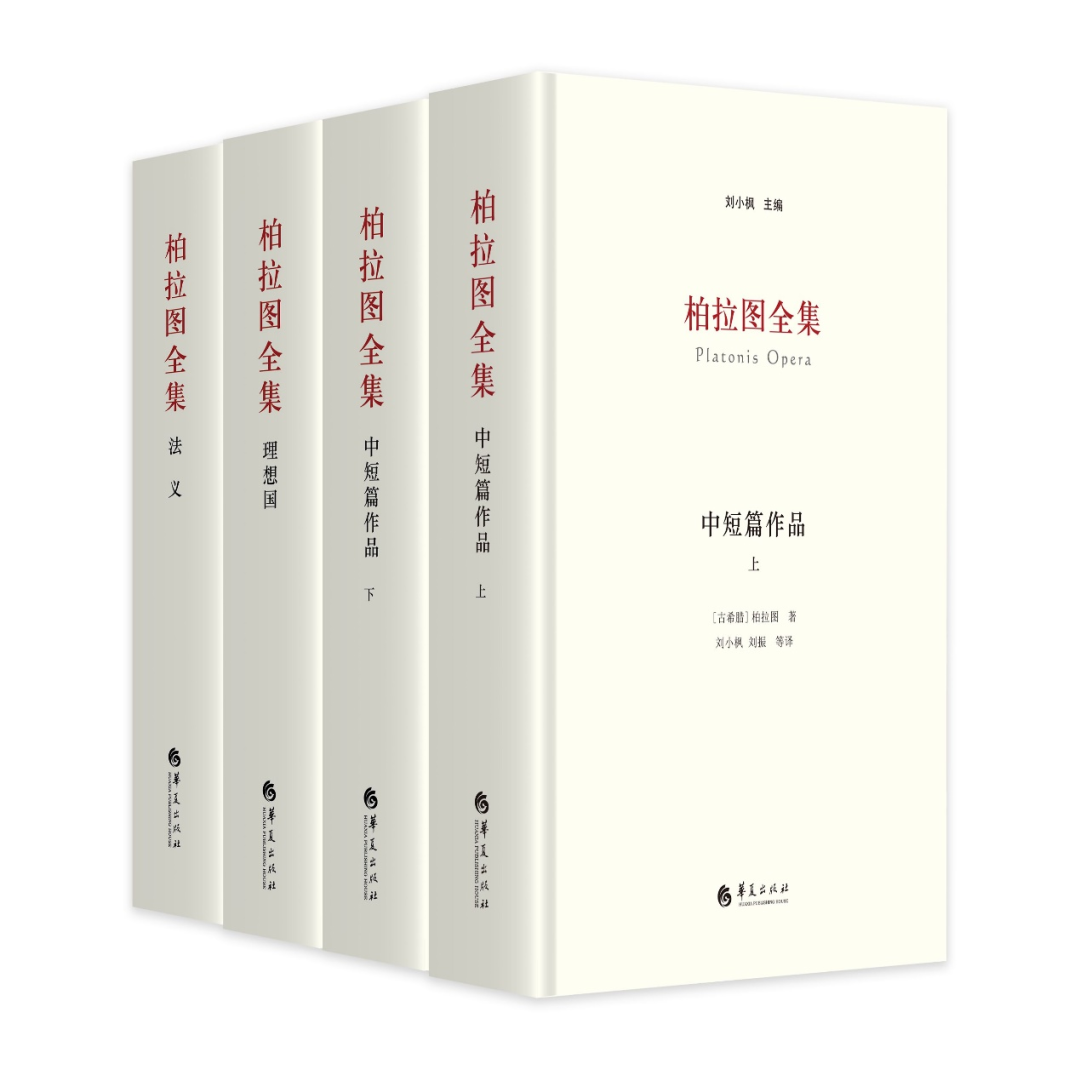Recently, the Platonis Opera, edited by Liu Xiaofeng, professor of the School of Liberal Arts of RUC, and translated and revised by young teachers from the Center for Classical Civilization, was published in HuaXia Publishing House. This set of Platonis Opera includes all of Plato's surviving works, and has been refined over nearly twenty years. It is a faithful translation of the original Greek text, based on solid research foundations, and conforms to academic standards, while also being accessible to ordinary readers for anytime reading in Chinese translation.

The Origin and Foundation of the New Edition of Platonis Opera
Plato's dialogue is the foundation of western civilization. From Greece to the contemporary era, Plato's profound thinking on philosophy, political philosophy, literature and so on has the foundation significance to the western thought. Therefore, the translation and interpretation of Plato can measure the extent to which the understanding of the West has advanced in the Chinese academic community. In the late Qing Dynasty and the beginning of the Republic of China, Chinese scholars began to try to translate Plato's works. In 1912, Zhang Dongsun and Zhang Shizhu translated "Plato’s Six Dialogues" as its beginning, which has been going on for more than a hundred years. However, for a long time in China, there has only been a translation of Plato's specific dialogue, and the whole translation has been absent for a long time, not to mention the full translation based on solid academic research.
In 2002, the series of “Classic and Interpretation” edited by Professor Liu Xiaofeng began to be published. So far, it has published more than 600 kinds of books. In 2005, the Classic and Interpretation series set up a subseries "Hermes". Each translator deeply studied one Plato's work, absorbed the existing research achievements, and translated and commented on this basis, and began to prepare for the translation of complete works of Plato.
The Platonis Opera, translated by Professor Liu Xiaofeng, is a popularized version based on the study of “Hermes”. The publication of this edition began in 2016, and it took nearly eight years to review and edit. It marks a new milestone in the study of Western thought in Chinese academic community, and also provides a more solid textual foundation for further research.
Features and Values of the New Edition of Platonis Opera
The Platonis Opera, edited by Professor Liu Xiaofeng, includes all Plato's surviving works, including 35 dialogues, 13 letters, 1 exegesis and 7 pseudonymous works. It is divided into three volumes: the first volume consists of short stories, dialogues, letters, exegesis and pseudonymous works; the second and third volumes are The Republic and Laws respectively, and the versions are revised on the basis of the previously published translations to be more accurate and appropriate.
The Platonis Opera is completed by 26 translators, all of whom have been trained in ancient Greek literature, and have specialized in-depth research on the translated titles. Most of them have written doctoral dissertations or published academic monographs on the translated titles. They are domestic scholars with a high level in Plato studies. Therefore, this translation is a research-based translation, rather than "interpretive" translation. The Platonis Opera is translated from the original Greek text, as close as possible to the original appearance of Plato's works. Plato's works are not only philosophical texts, but also excellent literary works, deeply appreciated by the majority of readers. In addition to being close to the original text, the translator also attaches great importance to conveying the literariness of Plato's works and the colloquial features of dialogues. At the same time, the translator has made brief notes on the names of certain people, geography, literary allusions, etc., which can remove the reading obstacles of the readers and help to improve the popularity of the Chinese version.
On the whole, this edition of Platonis Opera is a complete, authoritative and research-based translation, which will strongly promote the study of Western Classics in China.



